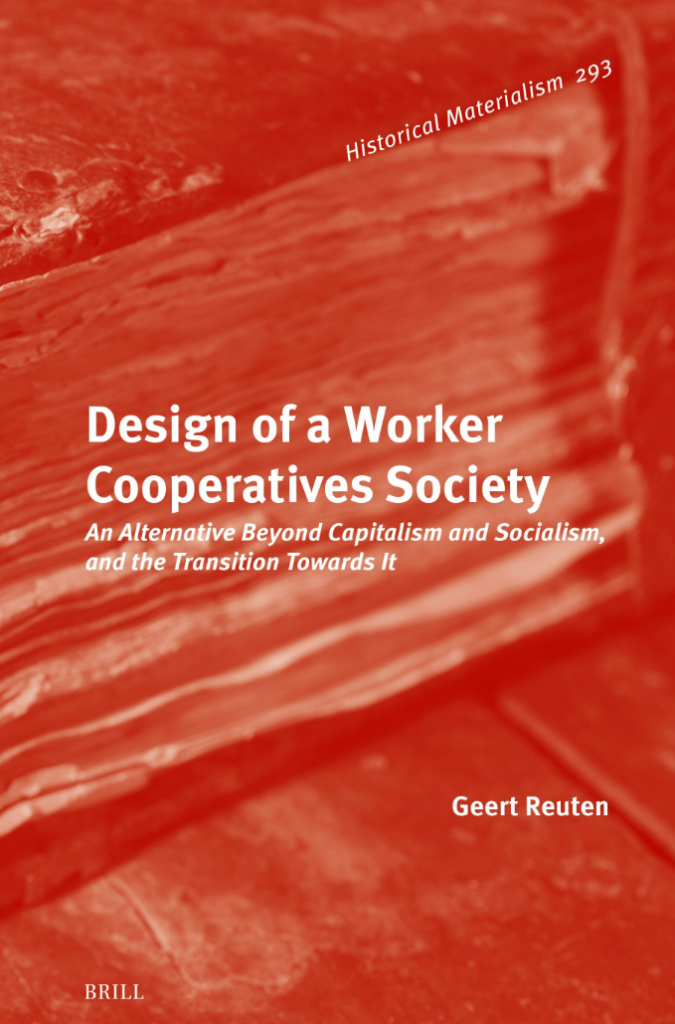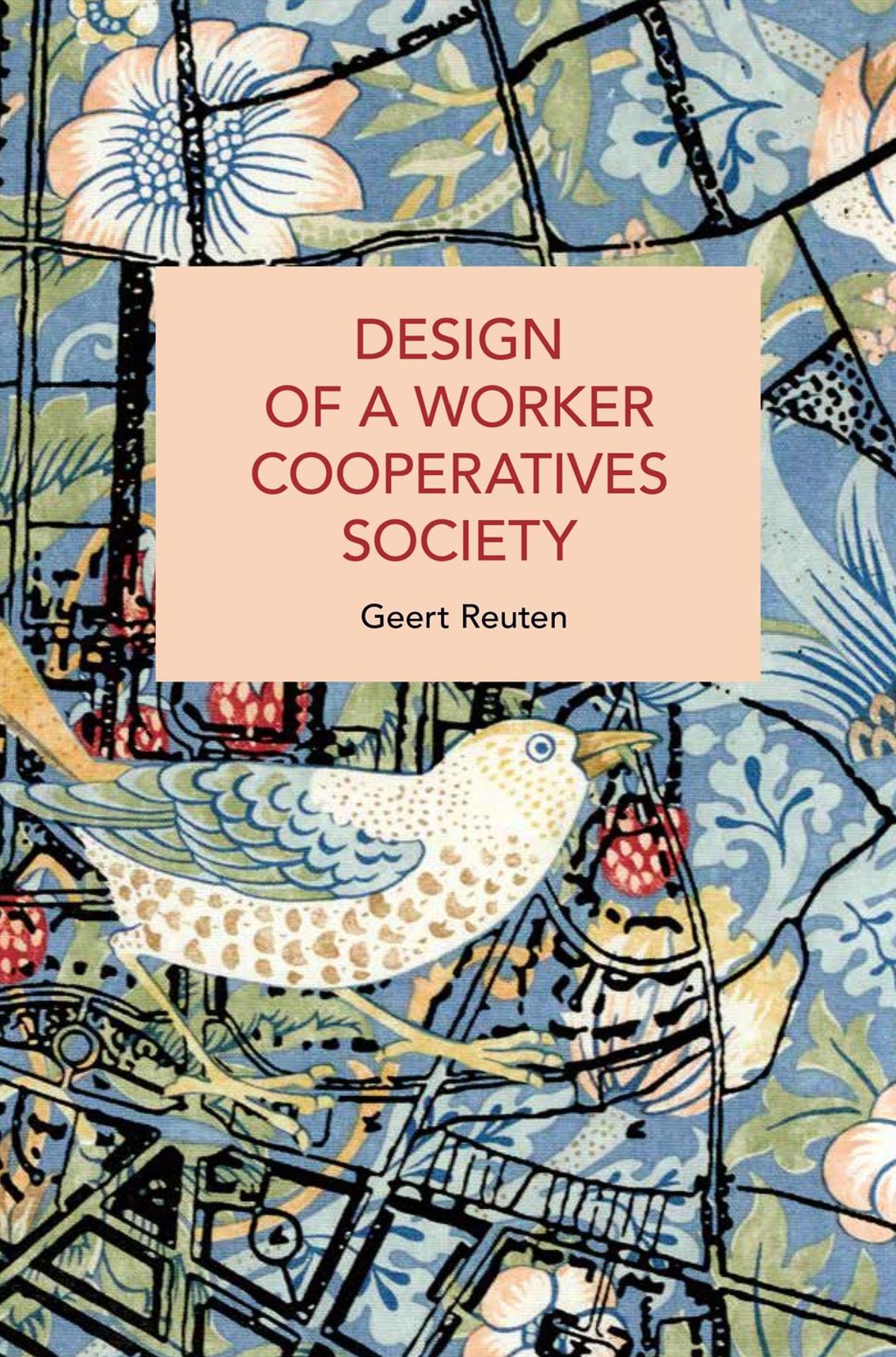Geert Reuten
Biographical Note
Readership
People interested in a feasible democratic alternative to capitalism, including scholars and advanced students in economics and other social sciences, as well as members of political parties and grassroots organisations.
Table of Contents
Preface and acknowledgements
General introduction
Part One Design of the organisation of a worker cooperatives society
1 Preview of the main elements of the design’s worker cooperatives society
2 Design of the economy of a worker cooperatives society: economic democracy and the organisation of cooperatives
3 Design of the state in a worker cooperatives society: democratic governance of the state and the organisation of state institutions
4 Municipal and provincial administrations
5 International economic relations
Part Two From modifying capitalism to transition
Introduction to Part Two
6 The modification of capitalist practices by ‘worker-owned cooperatives’ and similar democratic enterprises
7 Circumstances just before the transition: financial and real estate markets and the scope of capital flight
8 Transition to a worker cooperatives society
General summary
References
Index of names
Index of subjects
Abbreviations
Extended list of contents


